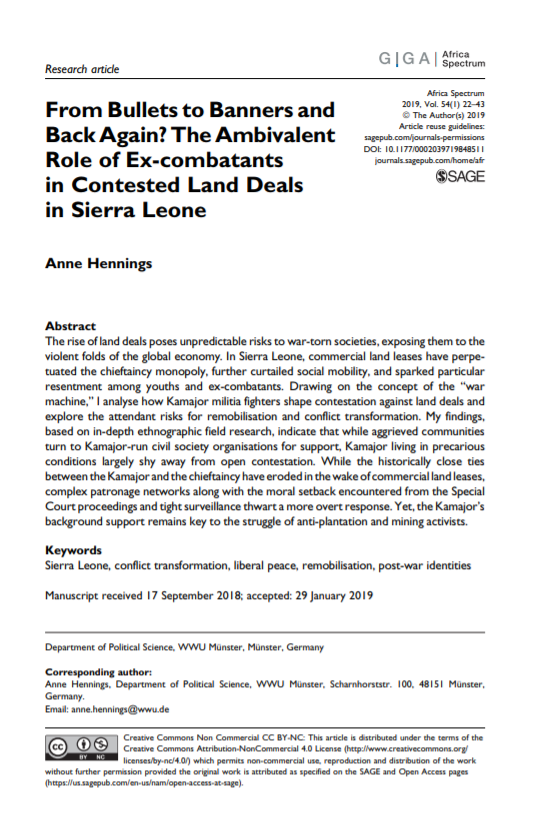Strategic Directions 2019 - 2023
This is Belun’s 3rd five-year strategic directions. It builds on Belun’s work over the past 14 years. A great deal has been achieved but Belun’s purpose of preventing conflict and developing community capacity remain the same. However, how Belun works is equally important as what it does. Belun aims to be; - Evidence based: Belun has a unique approach to advocacy.









